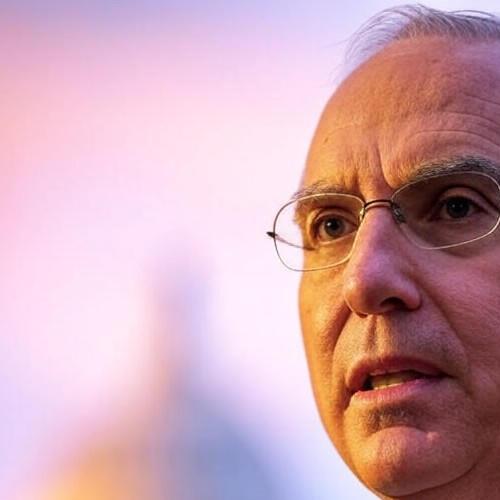Recent revelations have exposed a staggering financial pipeline that threatens the safety and security of Americans. According to the Treasury Department, over $312 billion in illicit transactions linked to Chinese money-laundering networks have flowed through U.S. banks in recent years. This alarming figure highlights a direct link between Chinese criminals and Mexican drug cartels, contributing significantly to the ongoing drug crisis and human trafficking issues in the country.
Criminal enterprises in Mexico, particularly the Sinaloa and Jalisco New Generation cartels, are leveraging these money-laundering networks to clean their drug profits. The mechanics are troubling yet straightforward: funds are converted from U.S. dollars into Chinese renminbi and cycled back into the U.S. banking system. As a result, cartels obtain clean cash while Chinese elites gain access to lucrative American assets. The collateral damage is severe, with thousands of Americans facing the fatal consequences of opioid overdoses fueled by cartel-produced fentanyl.
Data shared by the Financial Crimes Enforcement Network (FinCEN) underscores the urgency of this issue. Between 2020 and 2024, FinCEN documented an alarming 137,153 suspicious activity reports linked to these money-laundering networks. Reports indicate methods such as mirror transactions and the involvement of “money mules,” ordinary individuals who are unwittingly recruited to facilitate these large deposits. The use of everyday citizens in such schemes complicates detection and allows cartels a longer operational lifespan, perpetuating their violent influence.
Moreover, there is a disturbing nexus involving real estate and suspected fraudulent enterprises. FinCEN has identified approximately $53.7 billion tied to suspicious transactions in the real estate market, primarily in major American cities. In addition, $766 million is linked to adult day-care centers in New York, raising concerns about potential connections to healthcare fraud and human trafficking.
This multi-faceted threat has prompted renewed focus on the interconnectedness of finance and crime. The crisis has risen to a national security issue, with fentanyl overdoses killing more than 70,000 Americans annually—an unimaginable toll that surpasses the combined deaths of American military personnel in Vietnam, Iraq, and Afghanistan. The urgent call to action is clear: every dollar laundered through U.S. financial institutions emboldens criminal organizations, putting communities at greater risk.
The former Trump administration has categorized this crisis appropriately, treating it as both a national security and law enforcement concern. However, the current administration’s approach raises questions. Critics have suggested that some Democratic leaders prioritize protecting bureaucratic interests over dismantling the financial networks that sustain these cartels. The hesitance to treat this as a pressing issue beyond partisan lines exemplifies a dangerous disregard for public safety and national sovereignty.
There’s growing consensus that America’s financial institutions must not serve as safe havens for foreign criminals and drug traffickers. As illicit funds continue to infiltrate the U.S. financial system, the stakes are high and demand urgent attention. American citizens deserve a commitment to security, particularly when their communities are under such significant threat.
Moving forward, it is imperative for lawmakers to act decisively. The focus must be on hindering the operations of these dangerous networks. As the shadow of criminal trafficking looms large, the urgency to enforce stringent measures on money laundering is clear. It represents not just a challenge but a test of the nation’s resolve to protect its citizens from the perils of foreign crime.
"*" indicates required fields


